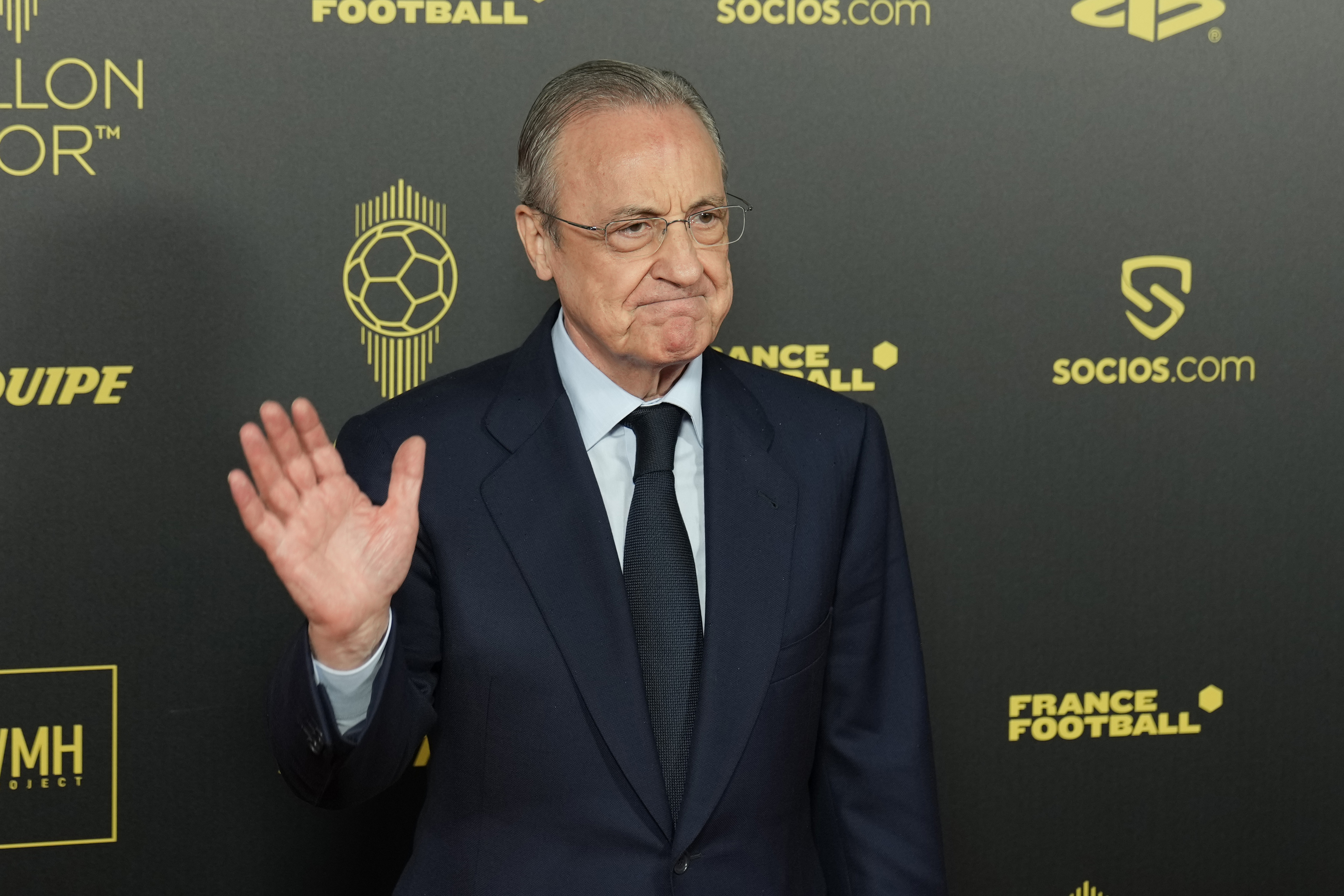There is a somewhat frightening situation at the Valdebebas sports city: the future of Real Madrid without Florentino Pérez. A moment that, at the 77 years of age of the re-elected president of the white team, is getting closer. The question surrounding the club's top leader is repeated: "Who will be his successor?" The answer, in terms of name and timing, only he knows. Meanwhile, he faces his seventh term, perhaps the most important one. The one that paves the way for a legacy beyond the 65 titles, 37 in football and 28 in basketball. The term of the new Bernabéu business, the creation of the Super League, and the change in the club's corporate structure.
These are his major challenges after elections that once again found him as the sole candidate. A result that has been repeated since 2009. Florentino, who had defeated Lorenzo Sanz in 2000 and 2004, has had no rivals throughout his second term, in 2009, 2013, 2017, 2021, and 2024.
No one has been able to meet the requirements to become president, including having 20 years as a member and presenting a bank guarantee of 15% of the club's budget backed by personal assets, meaning over 100 million. These conditions have left Florentino ready to take the helm of Madrid for another four years. In 2029, at 82 years old, he will have served 26 years as president. He started in 2000 and only paused between 2006 and 2009.
The re-election comes at a time of trenches, perhaps one of the most conflictive moments externally throughout his presidential career. Confronted by UEFA and FIFA over the Super League, by LaLiga and Tebas over audiovisual rights and the battles of Spanish football, by the neighbors of Castellana over noise from Bernabéu concerts... And with the idea of transforming the club's structure.
"We will bring a proposal that protects us, ensures prosperity, and guarantees that the members own the club, and we will submit it to a referendum. I will strive to ensure that Madrid's money and assets belong to Madrid," he announced at the last assembly. Pending further details, this change would focus on 51% control of the club by the Real Madrid Foundation and 49% by a commercial company. In other words, turning the club into a PLC. A historic change.
The corporate transformation will come, as acknowledged by the white team, to face the changes that will occur shortly in the club's business model and to aspire to compete on equal terms with state clubs, key players in the transfer market in recent years.
Madrid is transforming its interior (a stadium active 365 days a year) and the competitions it participates in (Super League), so it is necessary, they insist, to adapt to the new times. Concerts and major events at the Bernabéu are on hold pending a judicial decision. Part of their short-term income and the definitive conversion of the stadium into the capital's entertainment hub will depend on how Madrid can solve soundproofing and thus appease the neighbors' anger.
The Super League is set to make its mark on European football in 2026, although the Madrid allies beyond Barça are currently unknown. A grand entrance or a hospital bed awaits the white team and Florentino, the leader of the project and the war against Gianni Infantino and Aleksander Ceferin.
Pérez will also have in mind the next coach of the team, the successor to the Ancelotti-Zidane duo that has brought six European Cups to Madrid. A significant challenge for any coach. Xabi Alonso seems destined for this role, but the pressure and responsibility will be immense for a squad that should retain Bellingham, Vinicius, and Mbappé.
And finally, his presidential successor. José Ángel Sánchez, right-hand man and general director, has joined the board and will be a key figure in the succession, but he does not aspire to the presidency. The list of rumors includes executives, businessmen... And Rafael Nadal.
